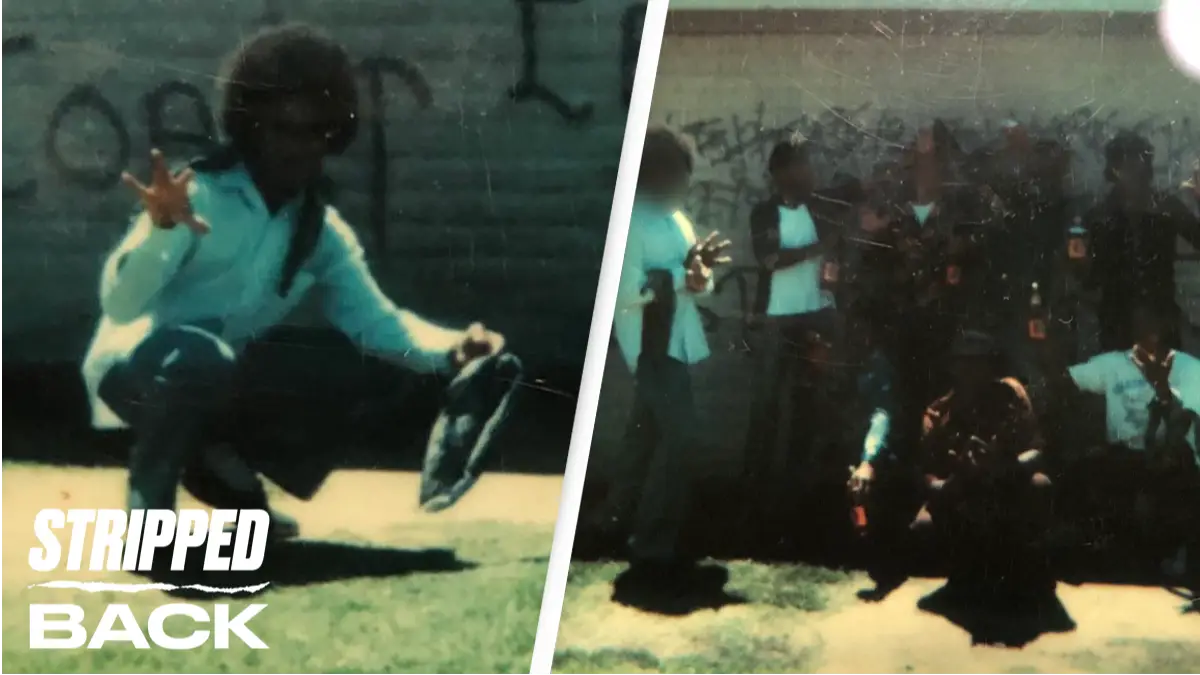
Warning: Contains brief reference to sexual assault
Rivalry, violence, drugs. They're just some of the stereotypes that spring to mind when faced with stories about gangs.
You might have laughed at Tekashi 6ix9ine memes mocking his decision to snitch on Bloods members, or been captivated by Netflix's dramatised stories about Mexico's cartels in Narcos, but what is life inside a gang actually like? UNILAD's latest Stripped Back series, which features interviews with former gang members from across the globe, finds out.
Advert
Cornelius Bowser, from San Diego, is a pastor. He appears on Zoom wearing a yellow t-shirt advertising the ministry he established in 2012, and works with 'high risk' young people who are involved in gangs and criminal activity.
At first glance, this guy sounds like the last person who could relate to young people in such tumultuous situations. But after spending 11 years as a member of the West Coast Crips, it's safe to say Bowser knows what he's talking about.
His experience in the gang began when he was just 12 years old, in the mid 70s. At that time, Bowser didn't see the Crips as the scary gang many of us do; they were just part of his community.
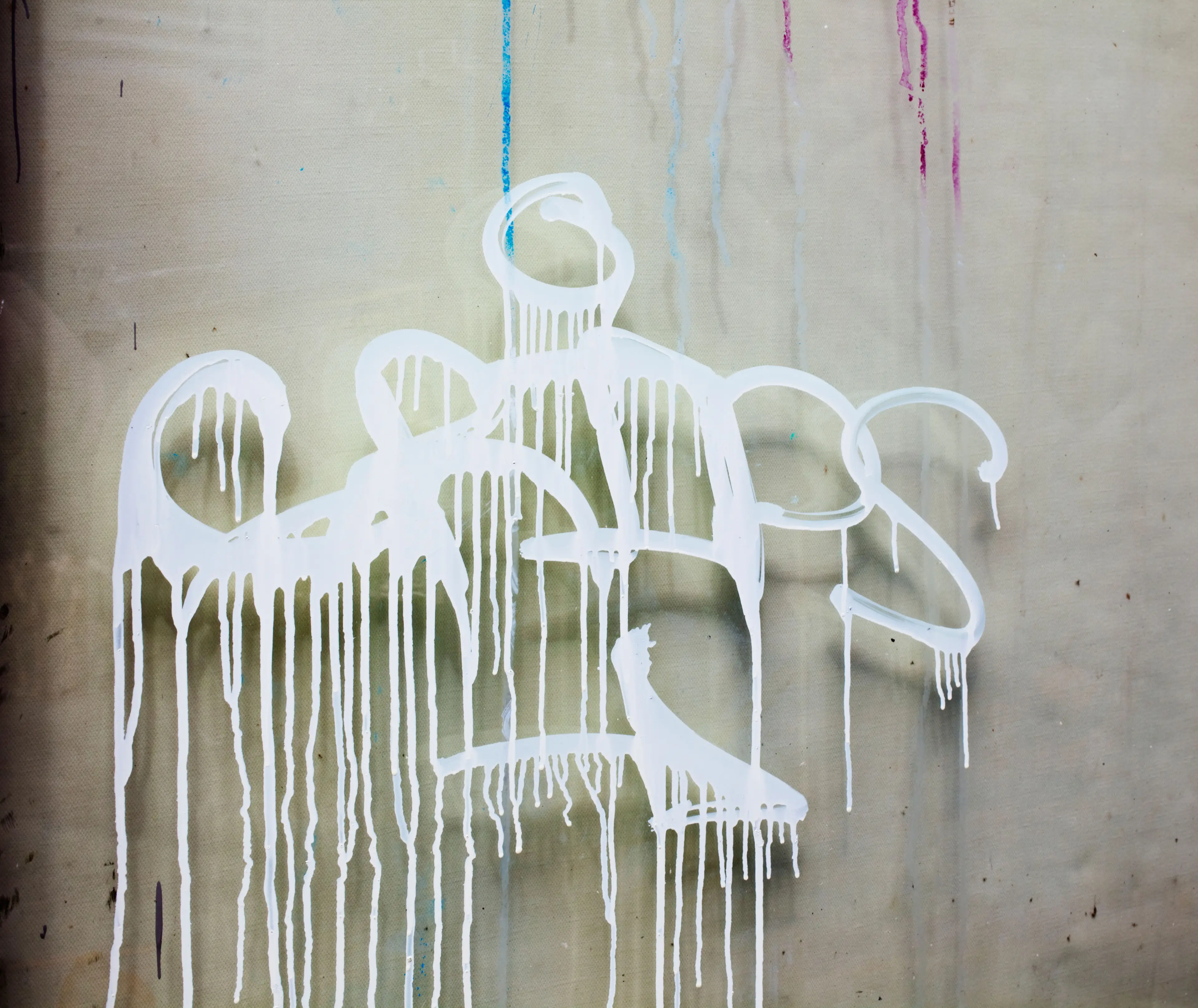
"One of the guys that was the leader of the West Coast Crips used to live right across the street from where I live, I know his whole family," Bowser said. "And then the guy who at that time was the second in command, I knew his brother. And me and his brother were real close in junior high school, and so that's what kind of really drew me in."
Once involved, he remembered being 'impressed' by the 'togetherness' of the gang. He described them as being like a 'family' who did 'everything together'.
"We did normal, typical things that any individual would do, especially a youth. We hung out at the gym, we played basketball, we played pool, we played ping pong, we would go to the park and we played football," he explained.
There was no social media at the time, so the friends would also go to what Bowser dubbed their 'set', which was 'kind of like headquarters', to catch up with the rest of the gang members.
It probably goes without saying, though, that the Crips didn't become known as one of the largest and most violent gangs in the US by hanging out and playing football.
As well as being impressed by their 'togetherness', Bowser also called to mind the 'ruthlessness'.
"People were scared of them. Being a young person, and being a part of something like that makes you feel you're included. But it also makes you feel like you're tough... And so that's kind of what drew me into it. Just being connected with that. Seeing these guys, they were kind of like our heroes, you know? And so it gave you something to aspire to, even though it wasn't a good aspiration."
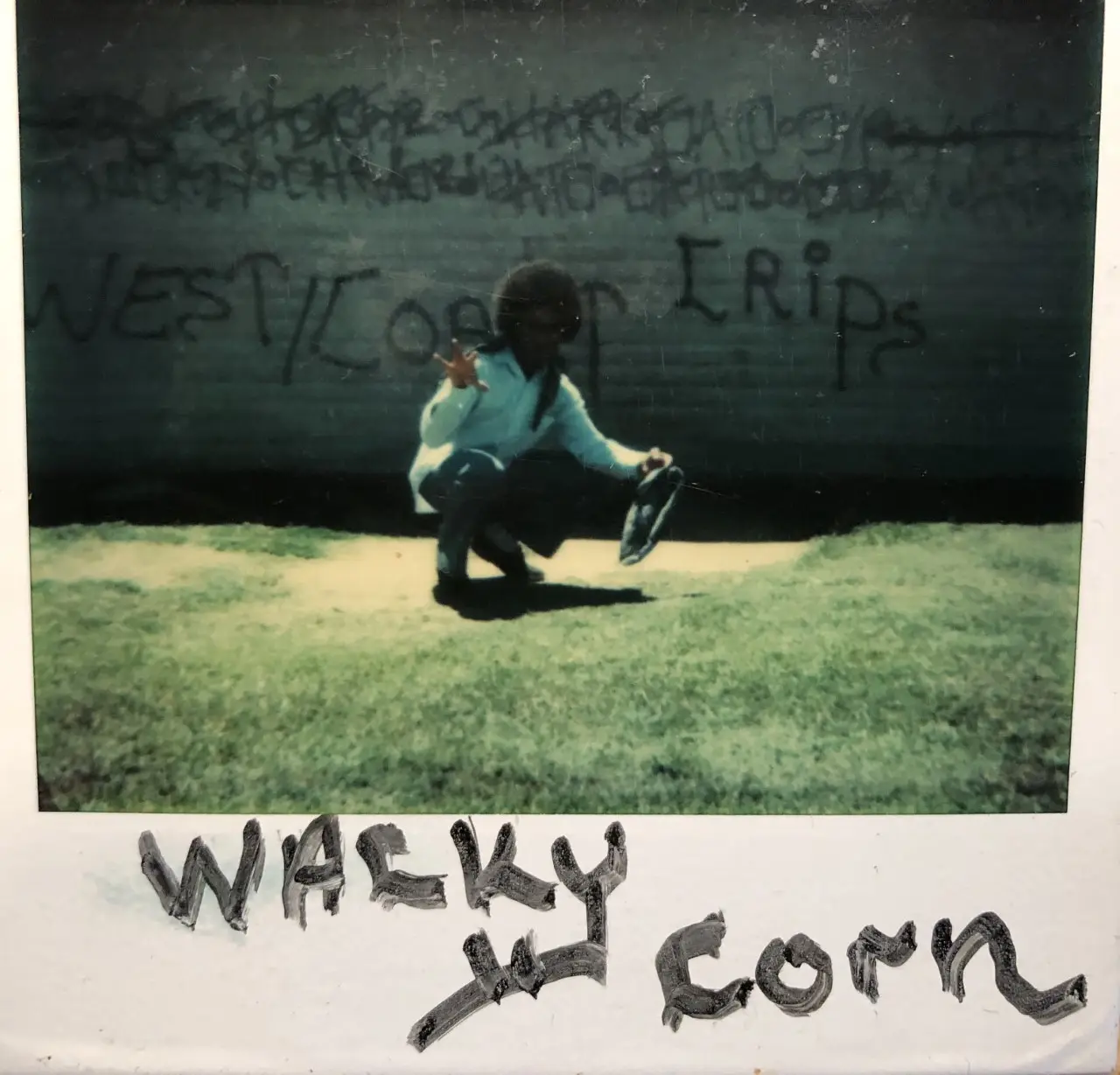
There was no initiation ceremony, no hazing - Bowser simply had to show he was willing to put in the work. And in the Crips, that often meant violence.
The pastor explained: "You're going out there, you're committing violence and doing things like that. And they have to just see that you're down, right? That you have the courage to get out there and commit some type of act that represents the gang and supports the gang."
It was as they moved further into their teenage years at around 15 and 16 years old that Bowser and other younger Crips members started getting 'more involved in criminal activity', which at the time involved breaking into cars and stealing things from shops, and developed to robbing gas stations and liquor stores to make money.
The stolen money would be split only between those involved, because although members in the gang were close knit, things became more 'every man for himself' after the leader of the gang and the second in command - both who Bowser had known growing up - were arrested and sent to prison.
He acknowledged there were some people who could call the shots, but only for those who were willing to listen.
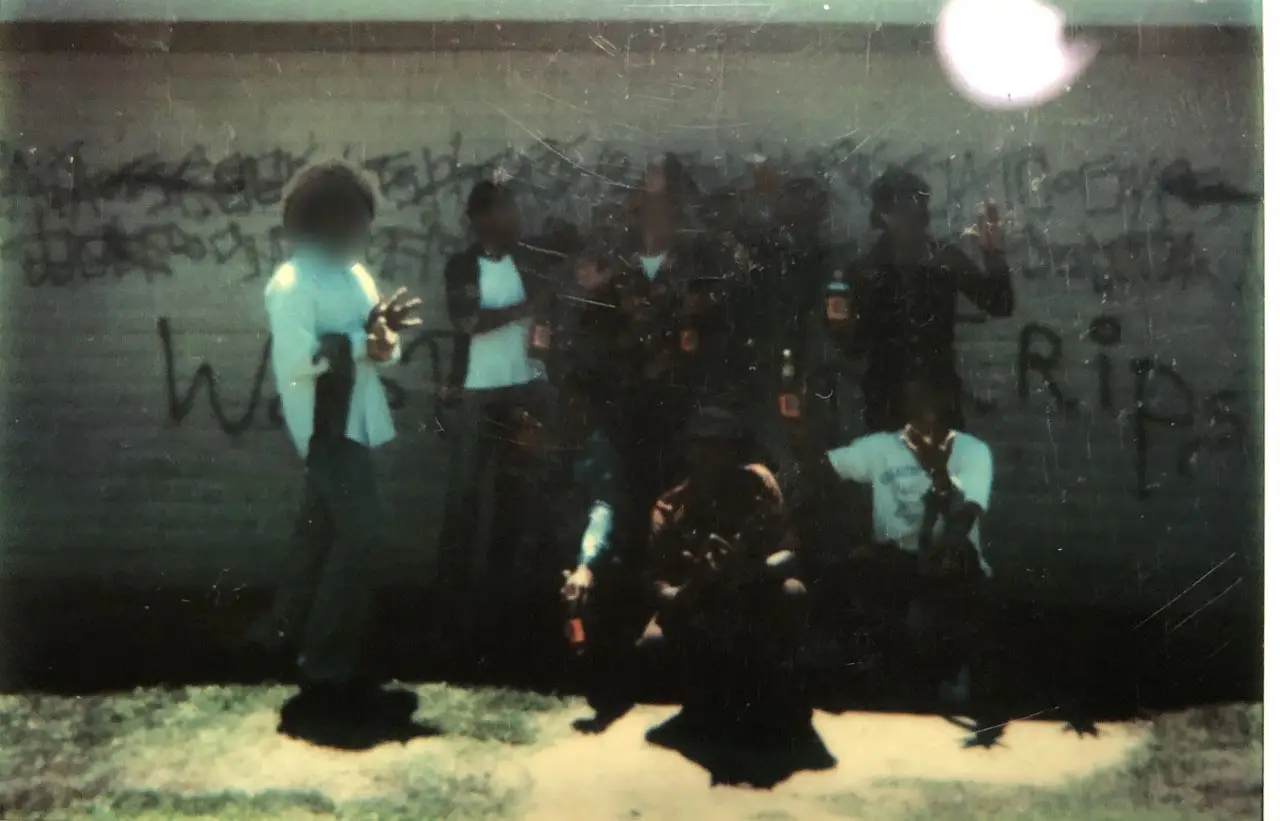
Looking back on his 10 years in the gang, he regrets the violence he committed 'every day, all the time'. He's been shot at, he was involved in riots, he had knives put on him; but there are some things his younger self managed to avoid.
He alleged that other members of the gang had raped women, something Bowser said he would 'never do', and added that he 'never wanted to harm an innocent person'. Yes, he committed violence, but that involved fights against rivals.
"Another thing is that I wouldn't do anything if it looked like I can get caught," Bowser said. "I have friends that would do anything, and sometimes I would tell them like, 'No, I'm not doing it'. Y'all want to do it, you can go ahead and do it."
In movies and TV shows about gangs, this kind of refusal never tends to go down well. But Bowser didn't receive any backlash because he was consistently 'putting in the work'.
He recalls one instance when the Crips were at war with other gangs on their side of town. The Crips were committing 'a lot of violence' in one particular week, 'a lot of fights every day', and towards the end of the week Bowser went to a gang member's house to find two stolen cars, and his 'homeboys' loaded up with guns.
He was handed some ammunition, but told his crew he wasn't going with them.
"We've been doing this stuff all week. If you keep going, something's going to happen. And you'll end up getting caught," he said.
As it turned out, the gang was already under surveillance by the police, who had set up a roadblock to prevent them from getting to the rivals' side of town. The Crips tried to drive through it, but ended up crashing into cars and houses, landing one member in jail and others in hospital.
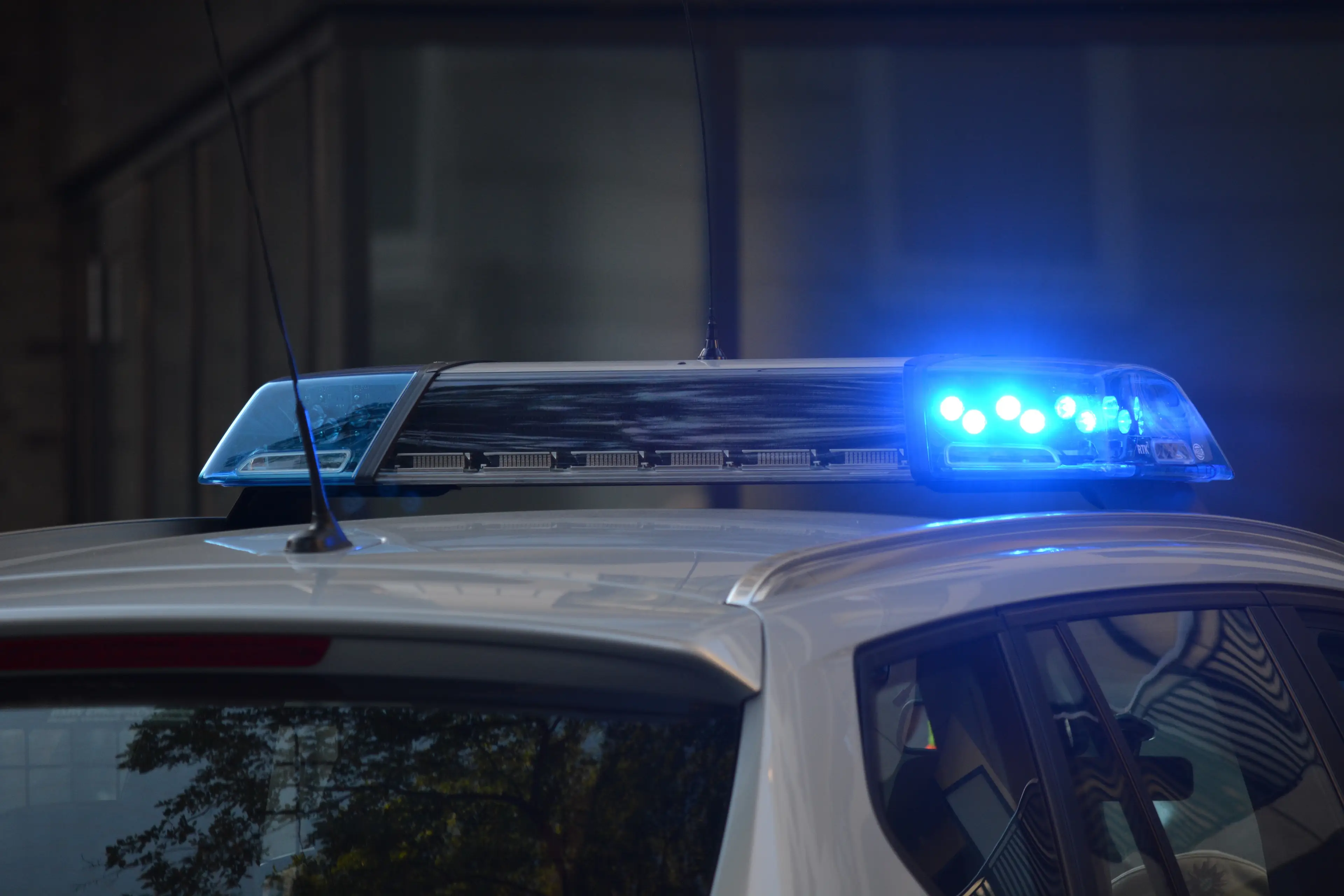
Bowser spent his formative years with the Crips, but one day in his early twenties he began to see the world a little differently, thinking that someone must have 'created it'.
He began reading the Bible and becoming more convinced that the things he was doing were wrong. But he still couldn't leave the gang.
He told UNILAD: "I remember one day, I parked my car on the side of the road, and prayed. And I remember praying to God and saying, 'Lord, I'll give it all up. I'll give up the violence, the going around just having sex with anybody, all these different things. I give it all up. But the one thing I can't give up was my homeboys, I can't give up my gang'. That was the one thing that I was unwilling to give up."
It wasn't until almost a year later that Bowser finally made the decision to leave, after one of his homeboys got killed and no one seemed to care.
Bowser and his friend had met up with a third member to smoke PCP, when his friend decided he wanted a hamburger. Bowser sat down on the street, when the third member came over and announced his friend was dead.
The pastor went to see for himself what was going on, and found his friend lying on the ground having been shot in the head and chest. In spite of his growing relationship with God, Bowser was angry at the situation and wanted 'revenge' on the rival gang he'd assumed had been responsible.
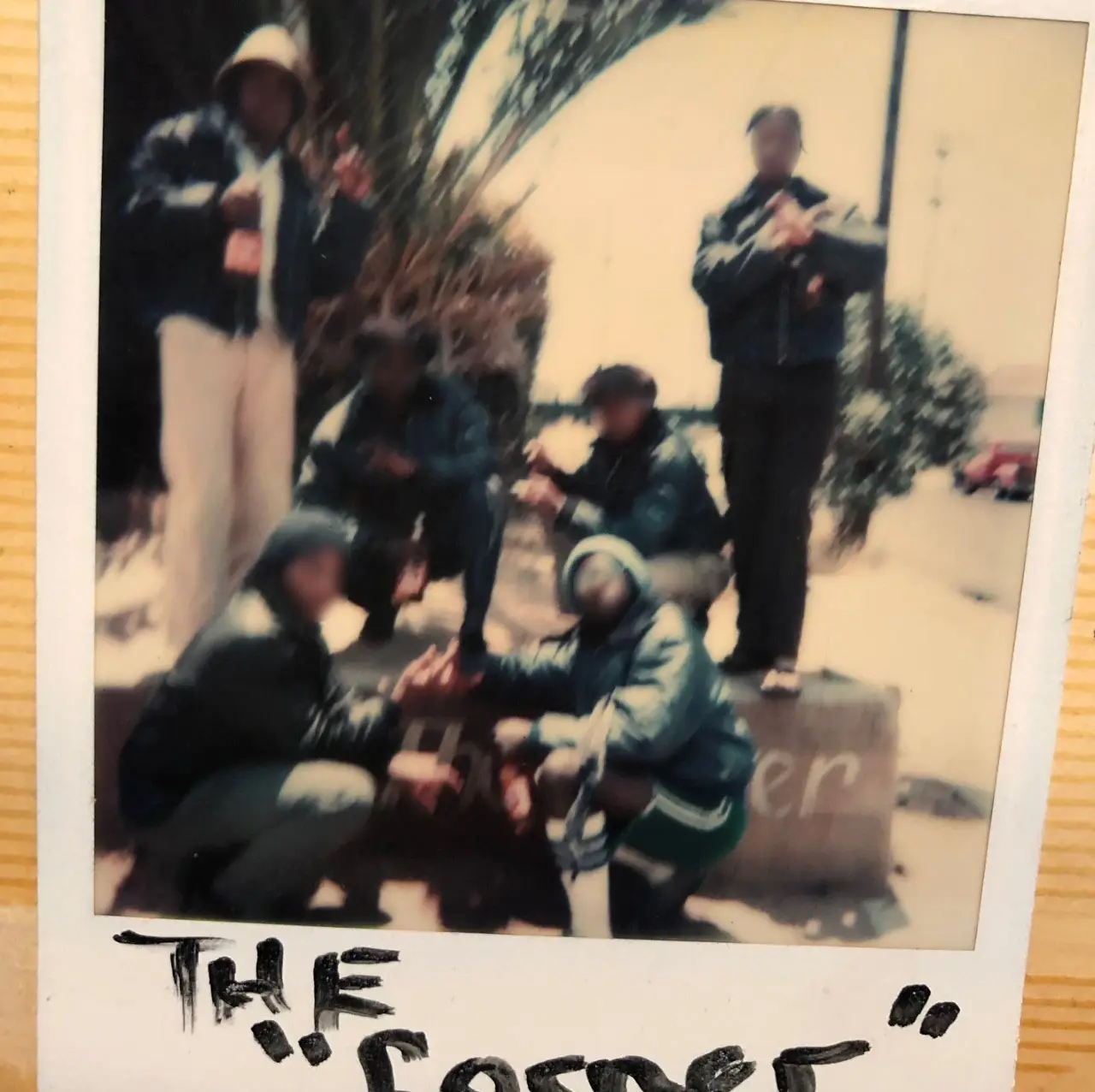
He jumped in the car with other Crips, thinking they were heading off to grab some guns, but they just pulled over and started getting high.
Later, Bowser met up with other Crips and heard conversations indicating the members didn't care about the guy who'd died. In fact, chatter indicated it was another Crip that had pulled the trigger.
For Bowser, that was the end. "That's when I knew," he said. "I said, okay, Lord, I'm done with this, I see that there's no loyalty, nothing but betrayal in this, the only person I can truly trust is Jesus."
Shortly after reaching this decision, Bowser received a letter saying there were warrants out for his arrest over his use of drugs. He turned himself in and was sentenced to 60 days in prison, but got out after 30 days and officially left gang life behind - much to his family's relief.
Though he didn't know it at the time, Bowser's sister had worried that she'd never see him again every single time he left the house.
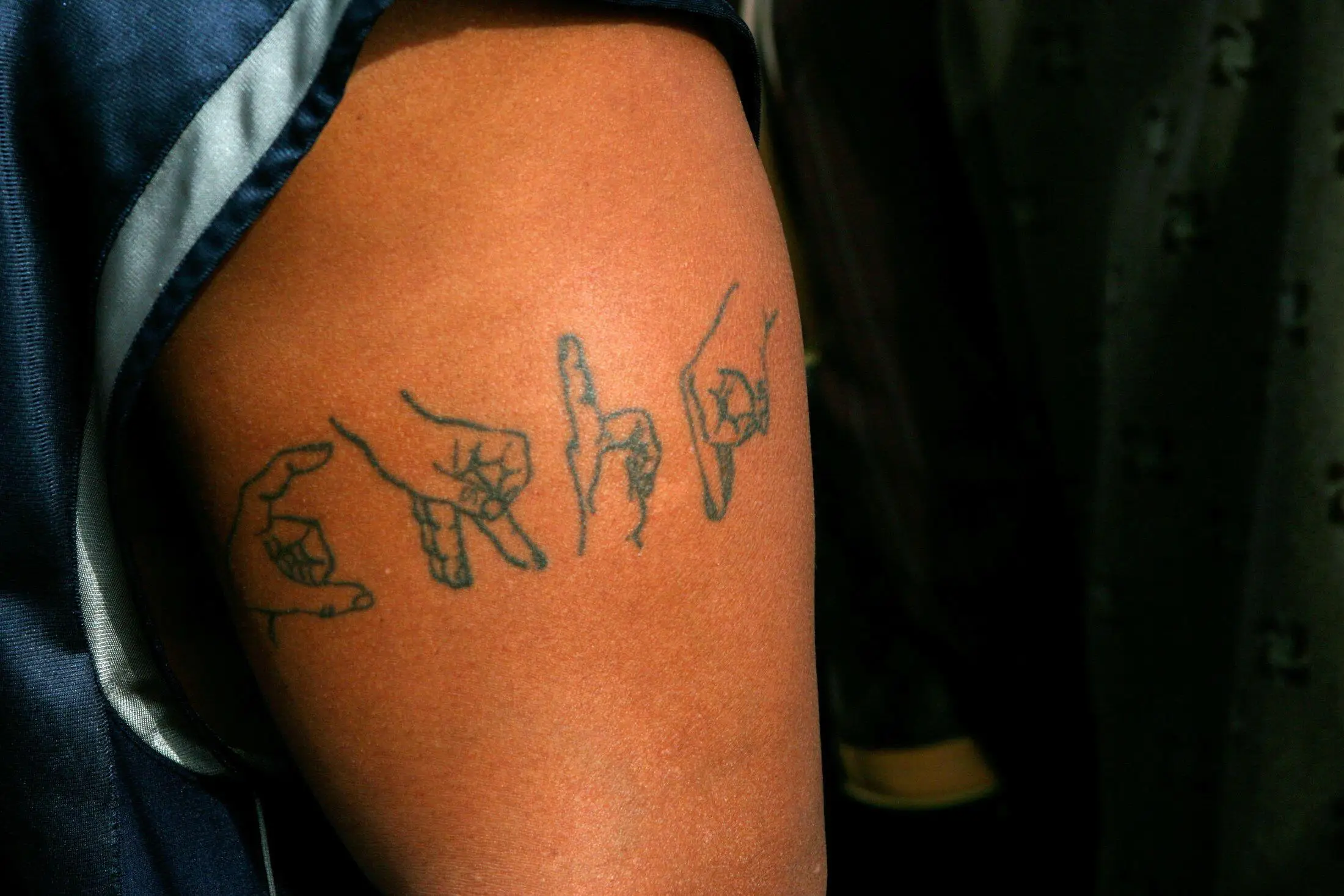
"I didn't know that. To me, I'm just living the gang life and doing what I'm doing. I know there's high risks you're taking, but I didn't know that my family was looking at me like that," he said.
Looking back, Bowser is thankful that he got out of the Crips in time 'not to get killed or to go to prison for the rest of his life'. He learned afterwards that he suffered from post-traumatic stress disorder as a result of his past experiences, and now spends his time trying to stop young people from following the same path.
"One thing I try to get them to understand, is that... if you ever get a conscience, and you get some values and morals about yourself, this is something you have to live with for the rest of your life," he explained.
"And you're going to have a lot of regret."
If you have been affected by any of the issues in this article and wish to speak to someone in confidence, contact RAINN via its helpline on 800 656 HOPE (4673) or its online chat, available 24/7 seven days a week.